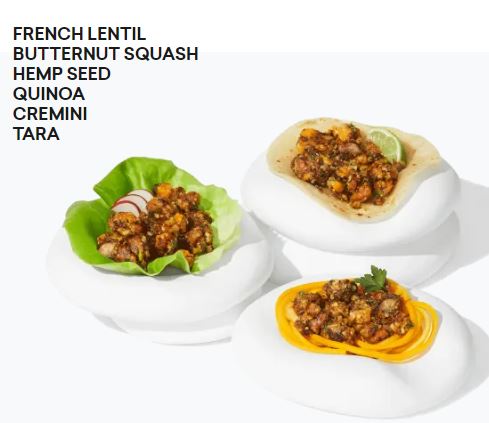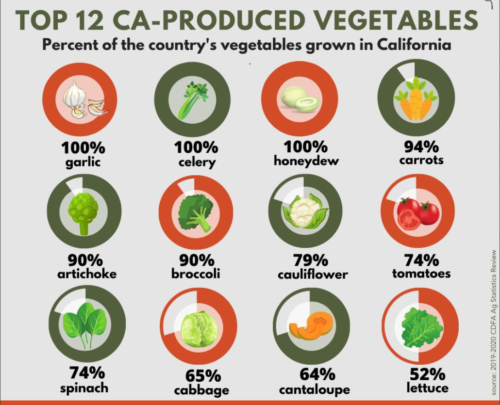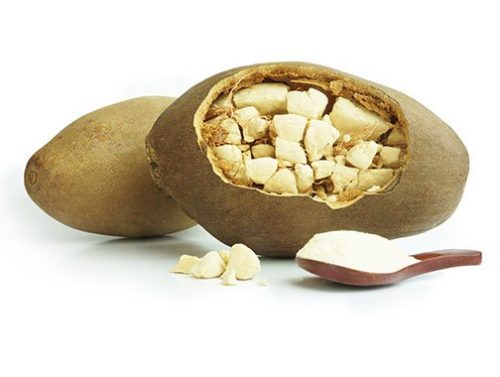Tara flour: a quick review of the research
A review article finds it nontoxic.You may recall that on June 17, Daily Harvest issued a recall of its frozen vegan Crumbles product after 500 or so adverse event reports, many of severe liver damage among the 28,000 customers who ordered it.
Here’s what the front of the package looked like.
This product has lots of ingredients:
organic butternut squash, organic hemp seeds, organic cauliflower rice, organic extra virgin olive oil, organic french lentils, organic red lentils, organic tri-colored quinoa, organic cremini mushrooms, organic tara flour, organic leeks, organic parsley, water, organic cassava root flour, organic flax seeds, organic sacha inchi powder, chia seeds, organic porcini powder, himalayan sea salt, organic apple cider vinegar, organic onion powder, nutritional yeast, organic garlic powder, organic tomato powder, organic white pepper, organic coriander seeds, organic mustard powder, organic thyme.
As food safety lawyer Bill Marler predicted, tara flour has been identified as the ingredient at fault.
- Tara is only in Crumbles and Crumbles is the only product that made people sick.
- Tara is also in another company’s product, Revive smoothies, that made people sick.
I had never heard of tara and had to look it up. Since then, I’ve gotten curious and did some quick research.
Tara is a legume—a bean plant—grown in Peru and other Latin American countries.

Tara is grown for several purposes:
- Pod tannins for industrial leather, keeping ships free of marine animals, and preparing textiles to accept dyes
- Cosmetics (polysaccharides isolated from the seeds)
- Food additives—protein flours and gums (from the endosperm)
The research literature on tara is remarkably extensive (Who knew?).
On the tannins:
- Anything you want to know about tara tannins (from a doctoral dissertation)
- Use of tara tannins to prevent ship fouling
On cosmetics:
On tara as a food ingredient:
- An overview from the International Food Additive Council implies that it’s safe
- A major safety evaluation in 1993 says it’s safe.
- It’s not toxic as used in traditional Peruvian medicine
- Another review article finds it nontoxic.
- It is neither mutagenic nor genotoxic
- It may have anti-cancer properties
From everything previously reported about tara over the past 20 years, there is no reason to think it might be unsafe.
So what’s going on? How to explain “only” hundreds of cases of severe liver injury when 28,000 Crumbles meals were shipped during the time when cases were reported.
Possibilities:
- Some toxic ingredient accidentally or deliberately got into the tara flour (similar to melamine being substituted for wheat gluten in pet food in 2006 and in infant formula in China in 2008).
- Toxic tannins from other parts of the tara plant got into the endosperm flour.
- Some people have unusual sensitivities to tara proteins or digestive products of tara proteins (similar to what happens when people with coeliac disease eat gluten from wheat or other gluten-containing grains)
- Some people have inborn errors of metabolism that cause acute reactions to tara proteins (similar to what happens when people with deficiency of the enzyme glucose-6-phosphate dehydrogenase ingest fava beans)
- Others? Could be, but I can’t think of any.
To prevent this from happening again, it’s necessary to identify the toxin. I hope that happens soon.





